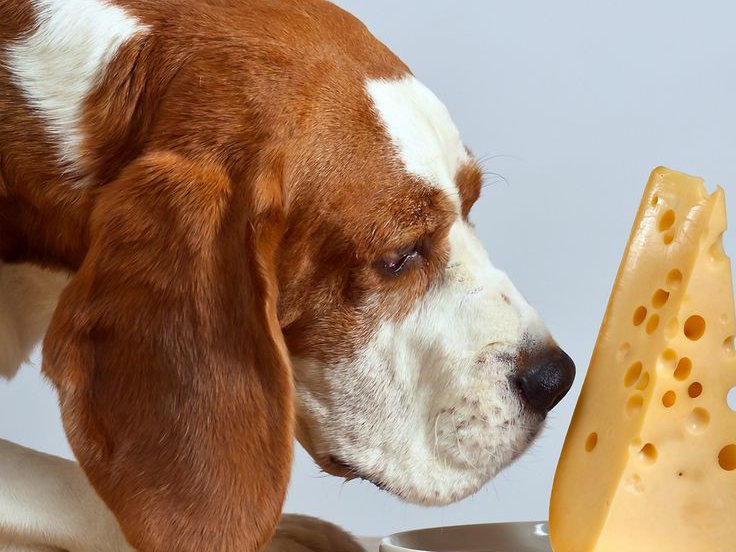If you’ve ever seen your dog perk up at the crinkle of a cheese wrapper, you’re not alone. Most dogs love the taste of cheese — and many pet parents use it as a treat, training reward, or pill-hiding trick. But is cheese safe for dogs, really? The answer is yes — with some important precautions.
While cheese can be part of a dog’s diet in moderation, not all types are created equal, and too much of a good thing can lead to digestive issues or worse. Let’s break down the dos and don’ts of feeding cheese to your dog.
Can Dogs Eat Cheese?
Yes, dogs can eat cheese in small quantities. Cheese contains protein, calcium, and essential fatty acids, making it a tasty and rewarding treat. However, it’s also high in fat, salt, and lactose, which not all dogs digest well.
Some dogs are lactose intolerant, meaning their bodies can’t properly break down lactose, the sugar found in dairy products. For these dogs, even a little cheese can cause gas, bloating, diarrhea, or vomiting.
The Dos: How to Safely Share Cheese with Your Dog
1. Choose Low-Fat Options
Look for cheeses that are low in fat and sodium. Great options include:
Mozzarella
Cottage cheese
Soft goat cheese
These are easier on your dog’s stomach and reduce the risk of obesity and high blood pressure.
2. Use Cheese for Training or Medicating
Cheese is a great motivator for training sessions and can be used to hide pills for picky pups. Just keep portion sizes small and use it as a high-value treat rather than a regular snack.
3. Watch for Allergies or Sensitivities
Start with a small amount and monitor your dog for any digestive upset or allergic reactions. Every dog is different.
The Don’ts: Cheese Mistakes to Avoid
1. Avoid Processed Cheeses
Cheeses like American slices or spray cheese may contain preservatives, artificial flavors, and high levels of sodium — none of which are good for dogs.
2. Skip Blue Cheese
Cheeses like Roquefort, Gorgonzola, or Stilton can contain mycotoxins produced by mold. These can be toxic to dogs and cause serious health issues.
3. Don’t Feed Dogs with Pancreatitis Cheese
If your dog has a history of pancreatitis or is on a low-fat diet, avoid cheese altogether. The high fat content could trigger a flare-up.
Final Thoughts
So, is cheese safe for dogs? Yes — but only in moderation, and not for every pup. Stick to small amounts of low-fat, low-sodium cheeses, and avoid anything moldy or heavily processed. When used wisely, cheese can be a valuable training tool or occasional treat your dog will love.
Learn More
For more canine nutrition tips, visit petniq.com or talk to your veterinarian about the best treats for your dog’s health and lifestyle.
